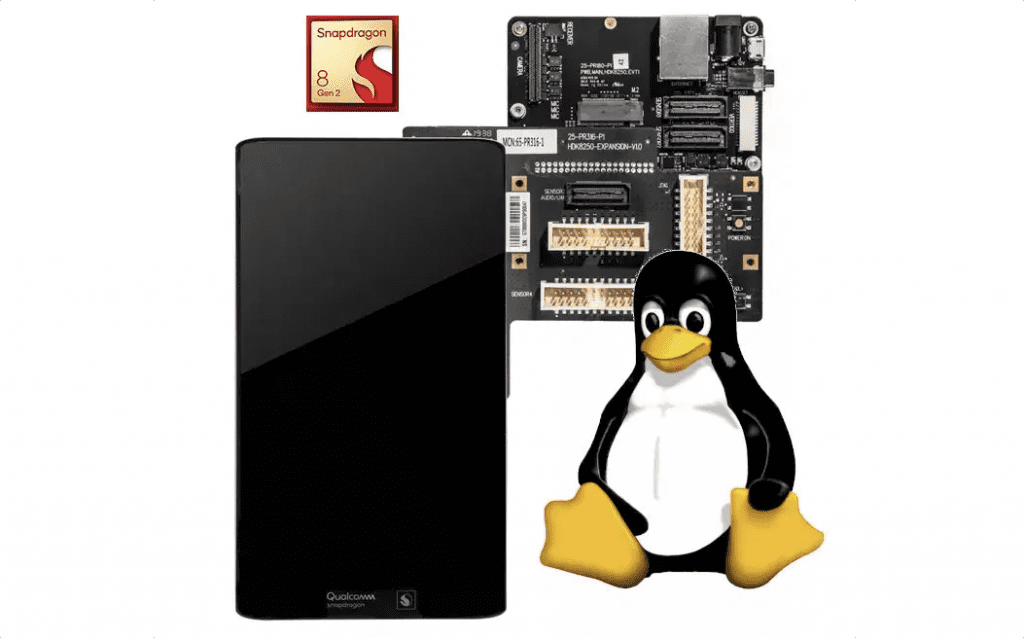Qualcomm just released the Snapdragon 8 Gen 2 mobile platform a few days ago, and it didn’t take long for the engineering organization Linaro to announce that they had submitted new code to the Linux kernel to allow upstream Linux systems to support Qualcomm’s latest mobile SoC.

The Snapdragon 8 Gen 2 adopts a new 1 + 4 + 3 core configuration, including a 3.2GHz Arm Cortex-X3 super large core, 4 2.8GHz performance cores (two Arm Cortex-A715 + two Arm Cortex- A710), and three 2.0GHz Cortex-A510 energy-efficient cores. In addition to the changes in the core configuration compared to the previous generation, Snapdragon 8 Gen 2 also brings hardware-level ray tracing support, and greatly reduces the high power consumption and heat generation problems that were criticized by users for the previous two generations of products.
Linaro is an engineering organization dedicated to the development of open source software such as the Linux kernel, GCC, QEMU, power management, graphics and multimedia interfaces, and the instruction set for the ARM family and its implementation. Since the release of the Linux 3.10 kernel, Linaro has been listed as one of the top ten contributors to the Linux kernel. Linaro has also been working closely with Qualcomm since 2014, which is one reason they were able to submit supporting code so quickly.
Much of this support work was done by Linaro engineers Abel Vesa and Neil Armstrong, who posted the initial support on the Linux kernel mailing list on November 16th.

Through a series of patches released by Linaro, the Snapdragon 8 Gen 2 Mobile Platform supports the following features:
- Qualcomm Kryo CPU, including DVFS and power control
- System Basics: Clock, Power Controller, PMIC
- Storage interface: UFS, SDXC
- High-speed peripherals: PCIe Gen3 and Gen4, USB SuperSpeed (5Gbps)
- Low-speed I/O: I2C, SPI
- Qualcomm Hexagon processor subsystem, i.e. audio, sensor, computing and modem
Over the next few weeks, Linaro engineers will continue to work with the Linux kernel community to ensure that all patch series are merged in a timely manner. Expect more patches to support display, audio, and modem use cases soon.
#Qualcomm #Snapdragon #Gen #Upstream #Linux #Support
